Your One-Stop Shop for Everyday Essentials & Unique Finds
Unlock Your Dog's Potential: The Ultimate Hunting Dog Training Guide
Unlock Your Dog's Potential: The Ultimate Hunting Dog Training Guide
The crisp air, the thrill of the chase, and the unwavering loyalty of your canine companion – hunting is a partnership like no other. But a great hunting dog isn't born; they're made through dedicated, consistent, and informed training. This comprehensive guide will provide you with the knowledge and tools to unlock your dog's hunting potential, transforming them into a skilled and reliable partner in the field. Whether you're just starting or looking to refine your dog's abilities, this guide will offer valuable insights and practical advice.
Understanding the Different Types of Hunting Dogs
Choosing the right dog is the first crucial step. Hunting dogs are broadly categorized into pointers, retrievers, flushers, and hounds, each with unique skills and temperaments.
- Pointers: Think graceful statues. Breeds like the German Shorthaired Pointer, English Pointer, and Brittany excel at locating game birds and freezing in a point to indicate the bird's location. Their strength lies in stamina and keen senses.
- Retrievers: The waterdogs. Golden Retrievers, Labrador Retrievers, and Chesapeake Bay Retrievers are renowned for their soft mouths and love of water, making them ideal for retrieving waterfowl. They're also versatile upland hunters.
- Flushers: The close-quarters specialists. Spaniels like the English Springer Spaniel and Cocker Spaniel are energetic and excel at flushing birds from dense cover within close range.
- Hounds: The trackers. Breeds like Beagles, Blueticks, and Bloodhounds use their incredible noses to track game over long distances. They’re often used for hunting rabbits, deer, and even larger game.
Consider your primary quarry and hunting environment when choosing a breed. A retriever wouldn't be ideal for tracking deer, just as a hound wouldn't be ideally suited for pointing quail.
Essential Obedience Training for Hunting Dogs
Obedience is the bedrock of any successful hunting dog. A dog that doesn't reliably obey commands in a controlled environment will be a liability in the field.
- Sit, Stay, Come, Heel: These are the foundational commands. Use positive reinforcement – treats, praise, and affection – to reward successful execution.
- Proofing Commands: Gradually introduce distractions – other dogs, people, noises – to ensure your dog obeys commands even when excited. Practice in different locations and environments.
- Avoid These Mistakes: Don't repeat commands endlessly. One clear command should suffice. Avoid punishment; focus on rewarding desired behavior. End training sessions on a positive note.
Train Your Dog Smarter, Not Harder
Click here for free online dog training course
Introduction to Basic Hunting Skills
Once your dog has a solid obedience foundation, it's time to introduce them to the world of hunting.
- Birds, Scent, and Gunfire: Start by exposing your dog to the scent of birds (using wings or dummies). Gradually introduce them to the sound of gunfire from a distance, associating it with positive experiences like treats or retrieving.
- Acclimation to Environments: Take your dog to the fields, woods, and water where you plan to hunt. Let them explore and familiarize themselves with the sights, sounds, and smells.
- Tracking and Locating: Use scent trails and dummies to teach your dog to track and locate game. Start with short, simple trails and gradually increase the difficulty.
- Retrieving or Pointing: For retrievers, start with simple retrieves on land and gradually introduce water. For pointers, encourage pointing behavior by rewarding them when they show interest in bird scent.
Advanced Hunting Dog Training Techniques
Now it's time to hone your dog's skills and introduce more complex concepts.
- Advanced Retrieving Drills: Blind retrieves (retrieves where the dog doesn't see the fall), water retrieves, and marked retrieves (multiple targets) challenge your dog's memory, obedience, and problem-solving abilities.
- Refining Pointing and Flushing Skills: Use live birds or training dummies to refine your dog's pointing or flushing skills. Focus on steadiness, style, and efficiency.
- Electronic Collars (E-Collars): E-collars can be effective tools when used correctly and ethically. Consult with a professional trainer before using one. They should be used for reinforcement, not punishment.
- Addressing Common Issues: Gun shyness requires patience and desensitization. Chasing can be addressed with consistent recall training and redirection.
Physical Conditioning and Nutrition for Hunting Dogs
A hunting dog is an athlete, and their performance depends on proper conditioning and nutrition.
- Diet: Choose a high-quality dog food formulated for active dogs. Pay attention to protein and fat content to fuel their energy needs.
- Conditioning: Develop a gradual exercise program that includes running, swimming, and agility work. Build stamina and strength gradually to avoid injury.
- Prevention: Regular vet checkups, parasite control, and proper grooming are essential. Be aware of common injuries like paw pad injuries and joint problems.
- Overexertion: Watch for signs of fatigue, excessive panting, and dehydration. Provide plenty of water and rest breaks.
Troubleshooting Common Hunting Dog Training Problems
Even with the best training, problems can arise. Here's how to address some common issues:
- Excessive Barking: Identify the cause (boredom, anxiety, territoriality) and address it with appropriate training or management techniques.
- Poor Recall: Go back to basics and reinforce the come command with positive reinforcement. Use a long lead or e-collar for added control.
- Failure to Retrieve: Determine the reason (lack of desire, fear) and address it with positive reinforcement and gradual introduction.
- Distractions: Gradually introduce distractions during training sessions. Reward your dog for focusing on you despite the distractions.
- When to Seek Professional Help: If you're struggling to address a problem on your own, consult with a qualified hunting dog trainer or behaviorist
Maintaining Your Hunting Dog's Skills During the Off-Season
Don't let your dog's skills atrophy during the off-season. Consistent training and mental stimulation are key.
- Preventing Regression: Regularly practice basic obedience commands and hunting drills.
- Mental and Physical Stimulation: Engage your dog in activities like scent work, retrieving dummies, and playing fetch.
- Focus on Improvement: Use the off-season to address specific weaknesses or refine particular skills.
- Fun Activities: Play games that reinforce hunting skills, such as hiding dummies or creating scent trails.
Gear and Equipment for Hunting Dog Training
Having the right gear can make training safer and more effective.
- Essential Gear: Collars, leashes, dummies, whistles, and bird launchers are fundamental tools.
- E-Collars: Different types of e-collars offer varying levels of stimulation and features. Research carefully before purchasing.
- Safety Equipment: Consider a GPS tracker, first-aid kit, and protective vest for your dog.
- Choosing the Right Gear: Choose gear that is appropriate for your dog's breed, size, and training level.
Ethical Considerations in Hunting Dog Training
Ethical training is paramount. Always prioritize your dog's well-being and use humane methods.
- Humane Training Principles: Focus on positive reinforcement and avoid punishment. Respect your dog's limitations and avoid pushing them beyond their capabilities.
- Balancing Goals and Well-being: Don't sacrifice your dog's physical or mental health in pursuit of training goals.
- Consequences of Improper Training: Harsh or abusive training methods can lead to fear, anxiety, and behavioral problems.
- Responsible Hunting: Ensure your dog is well-behaved and respectful of other hunters and landowners.
Train With Confidence, Love, and Clarity
Click here for free online dog training course
Resources for Further Learning and Support
Continue your education and connect with other hunting dog enthusiasts.
- Organizations and Clubs: Join hunting dog training organizations or breed-specific clubs.
- Recommended Resources: Explore books, websites, and online courses on hunting dog training.
- Finding a Qualified Trainer: Seek recommendations from other hunters or veterinarians. Look for trainers with experience and a positive, humane approach.
- Connecting with Others: Online forums and social media groups can provide valuable support and advice.
Training a hunting dog is a journey, not a destination. With patience, dedication, and the right knowledge, you can forge an unbreakable bond with your canine partner and unlock their full potential in the field. Enjoy the process, celebrate the milestones, and cherish the incredible partnership you create.

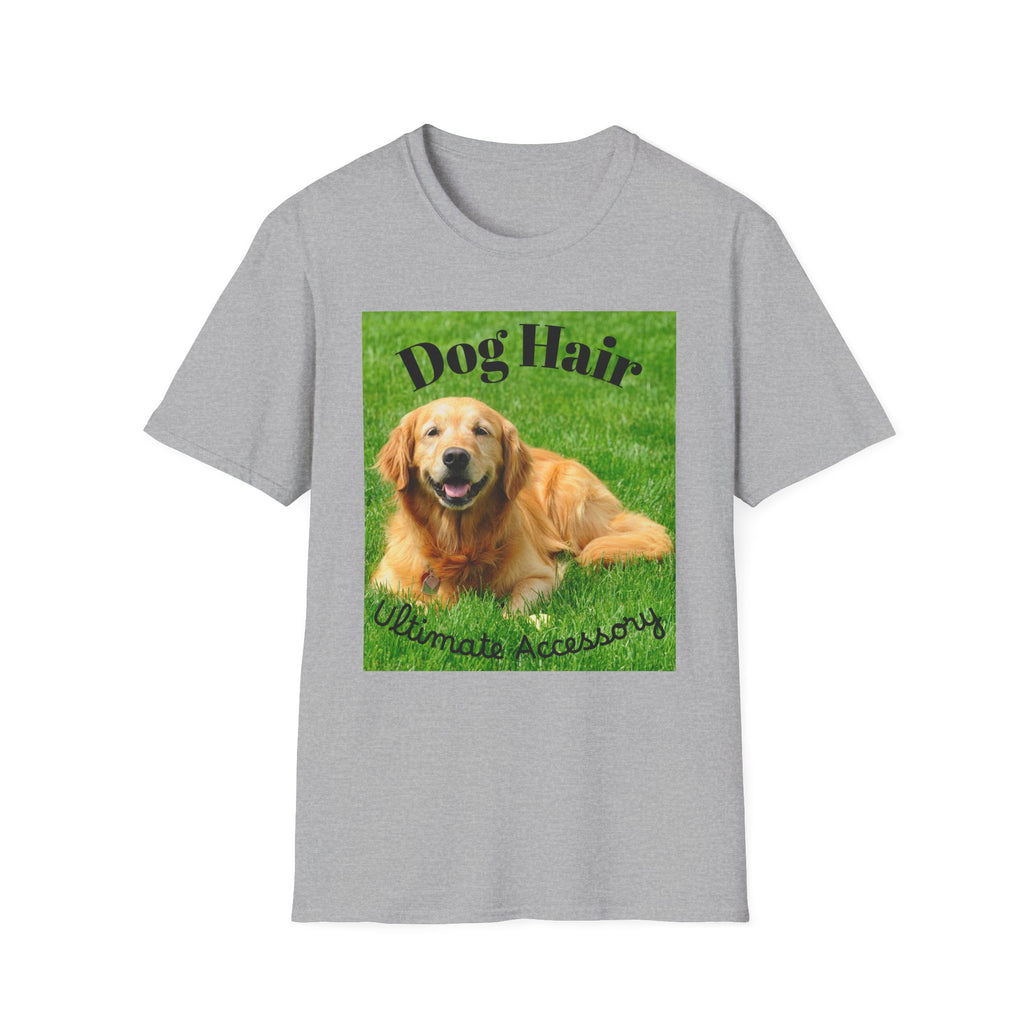
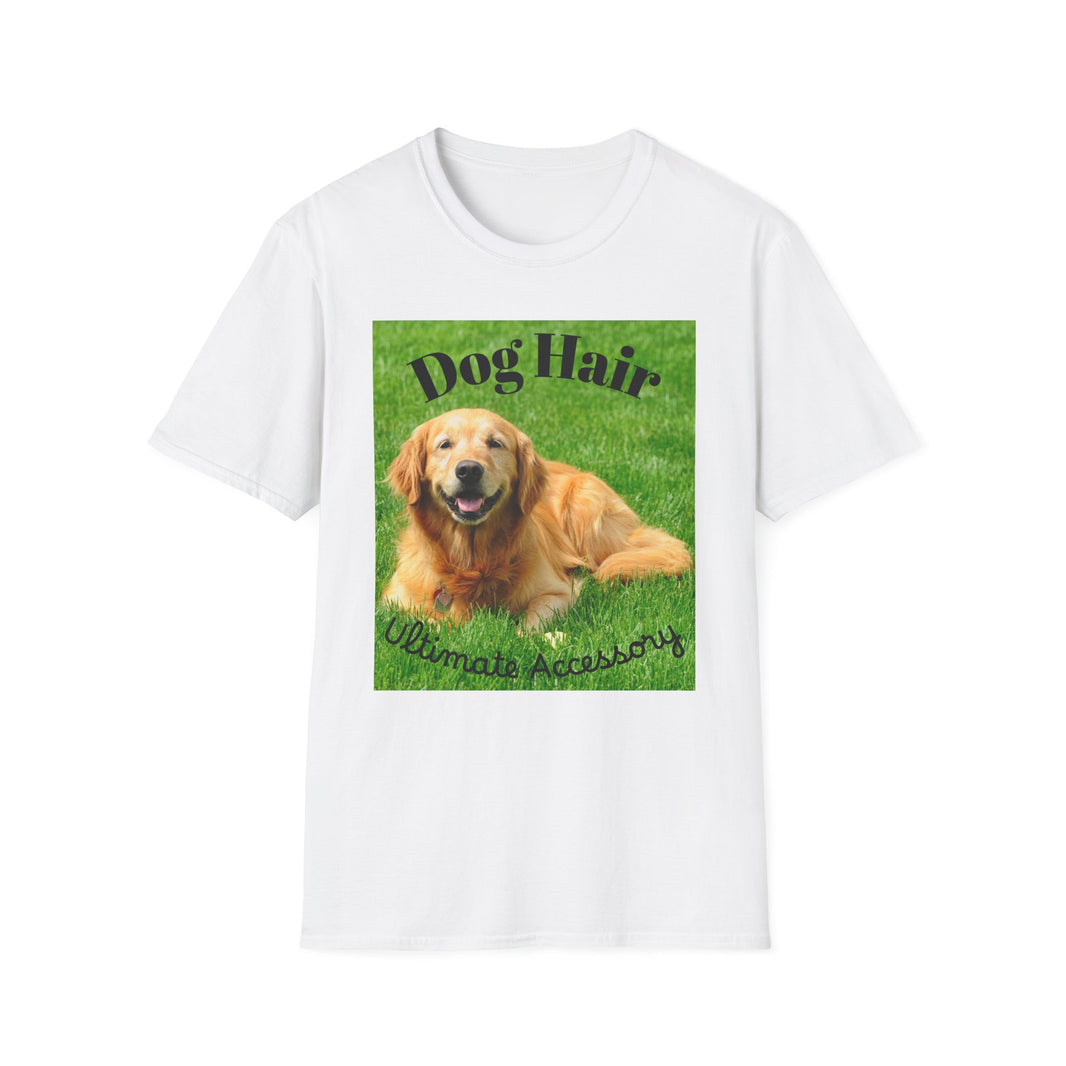
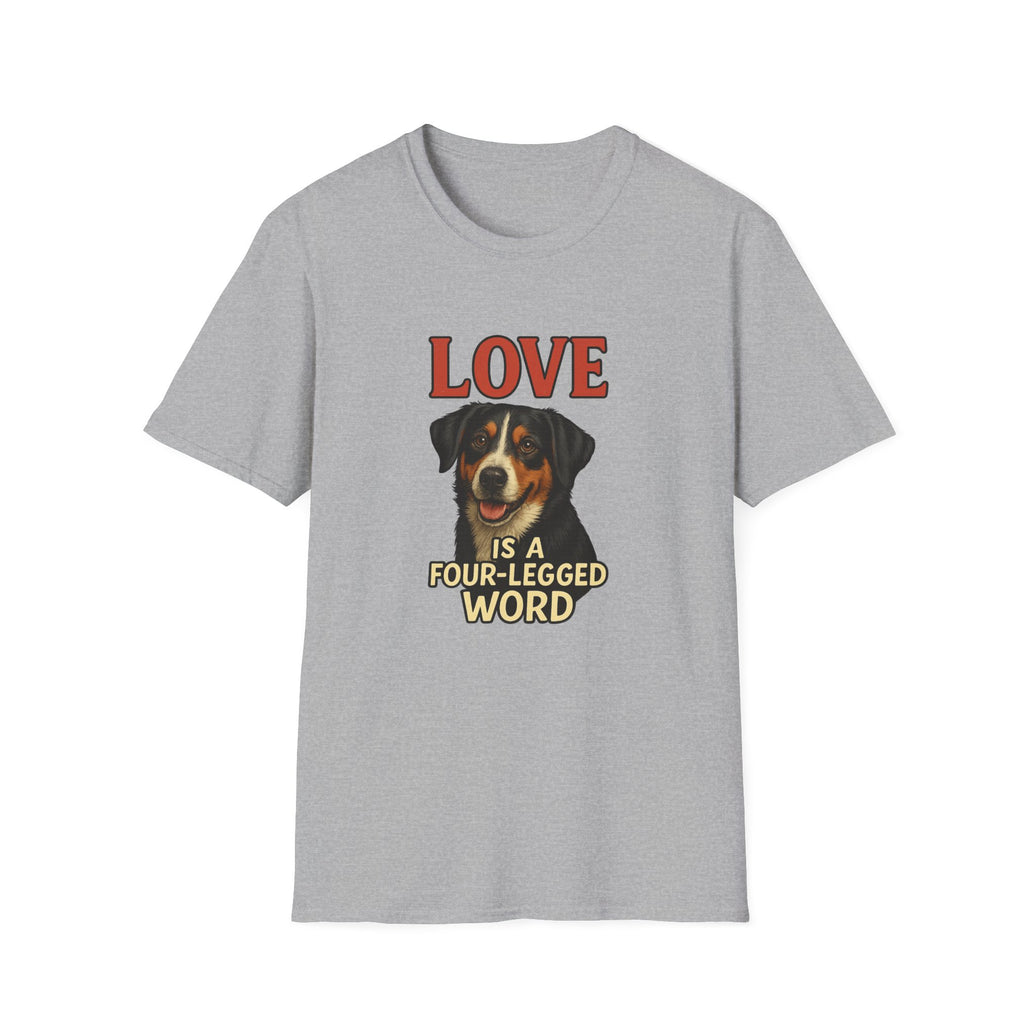
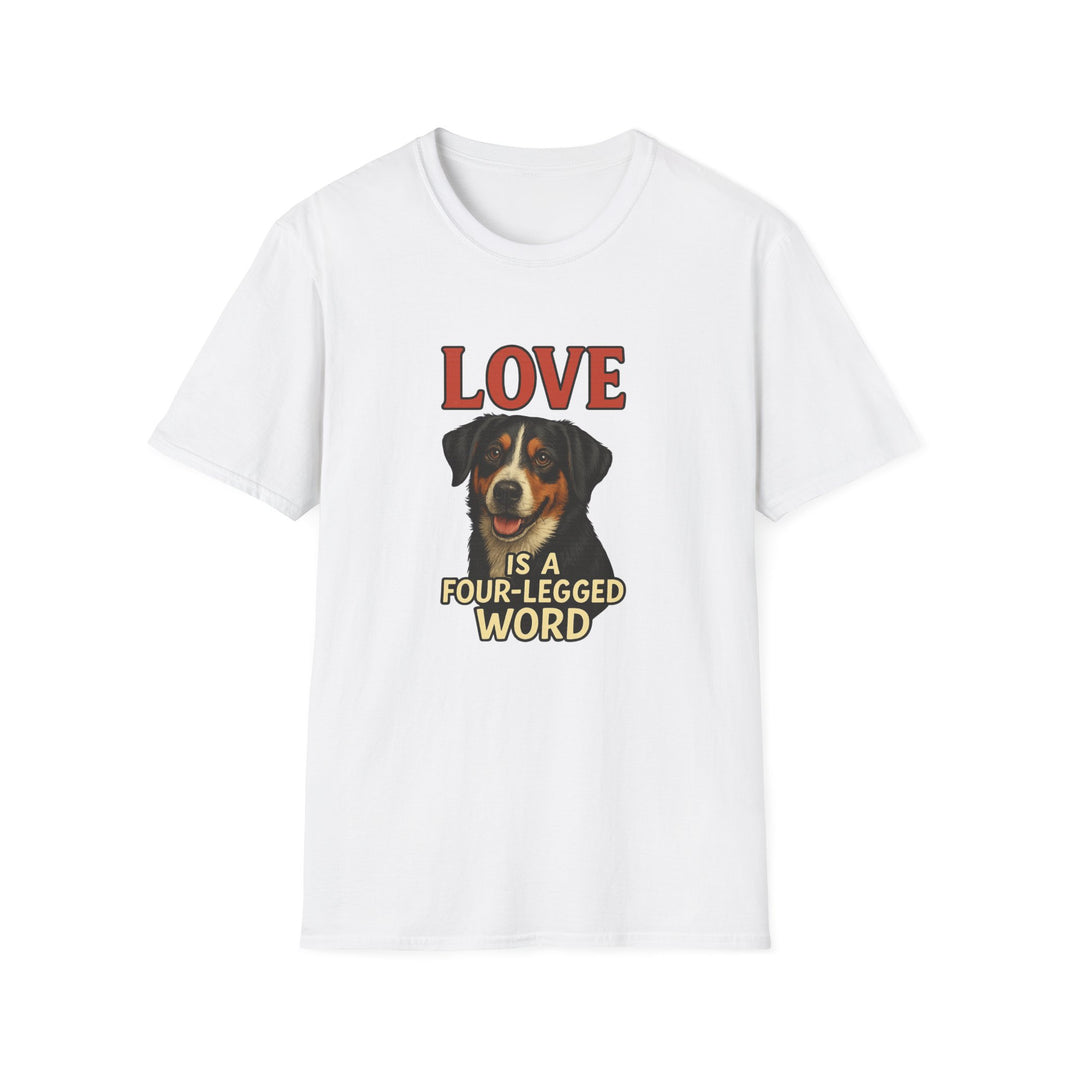
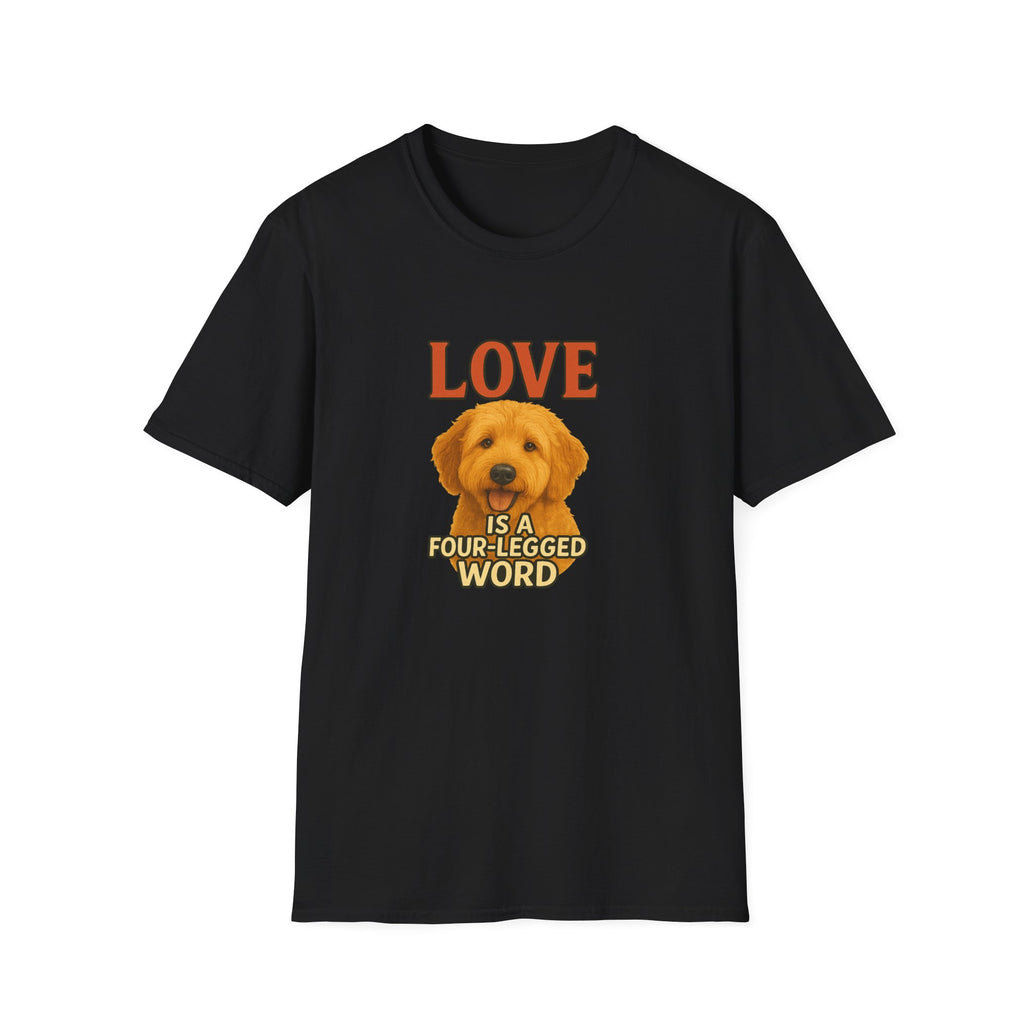
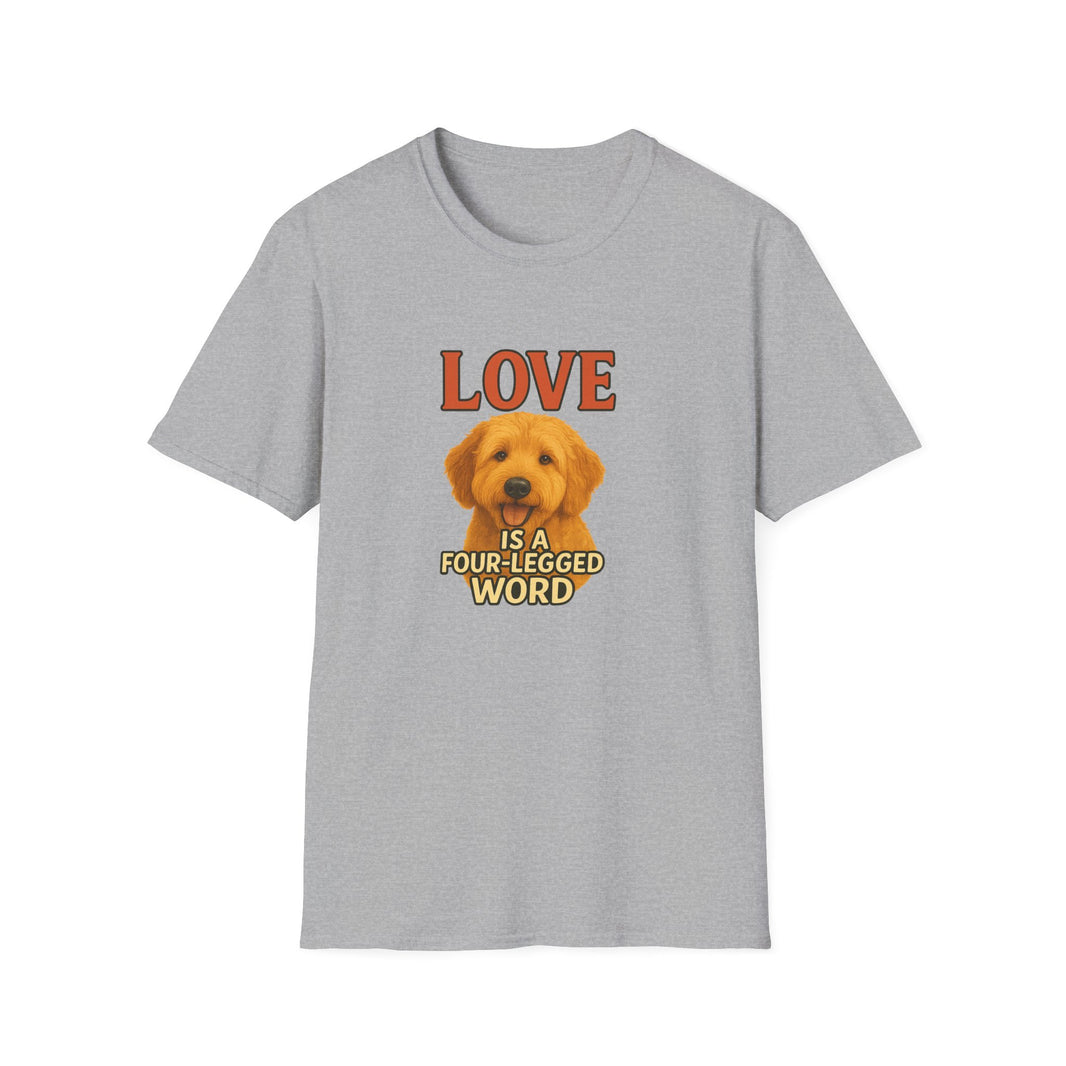


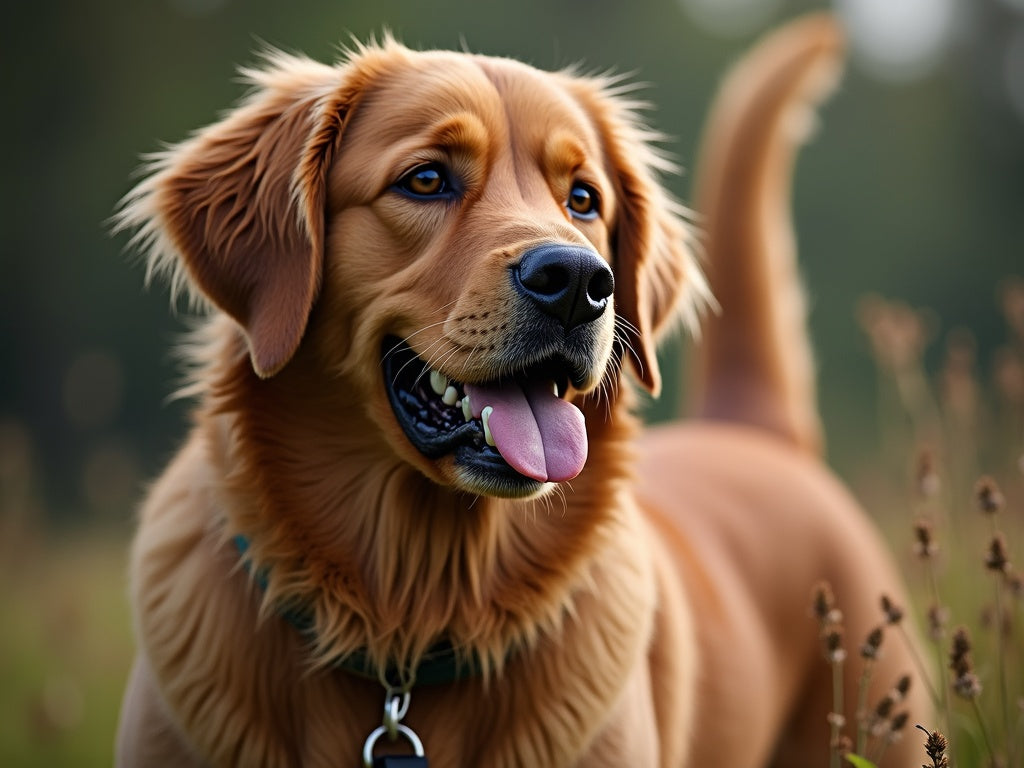
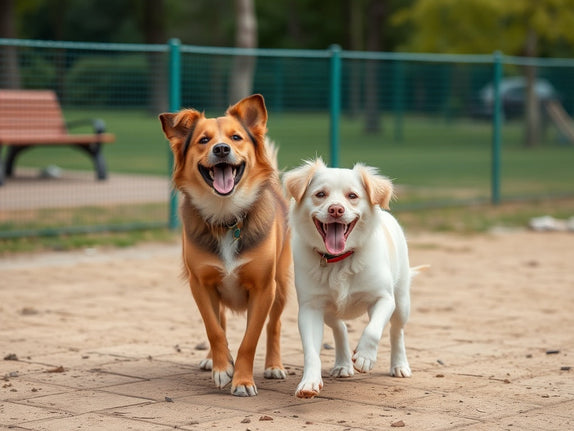
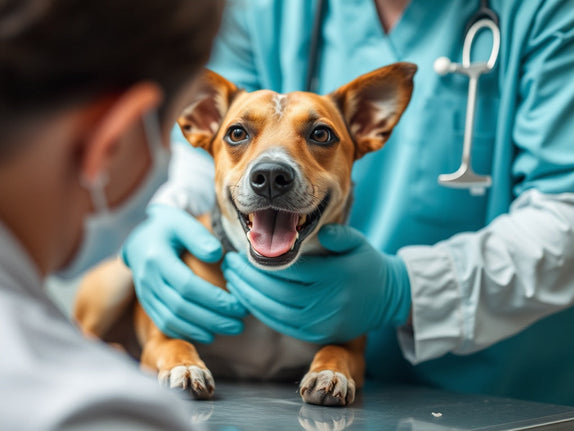

Leave a comment